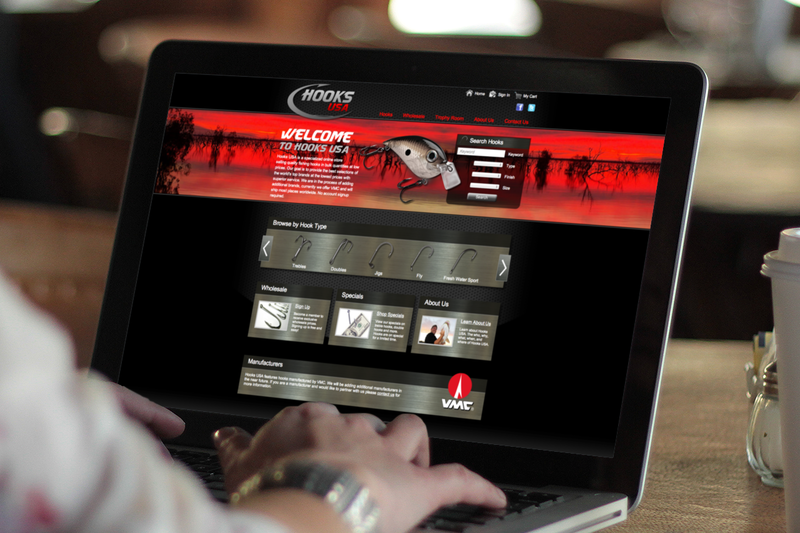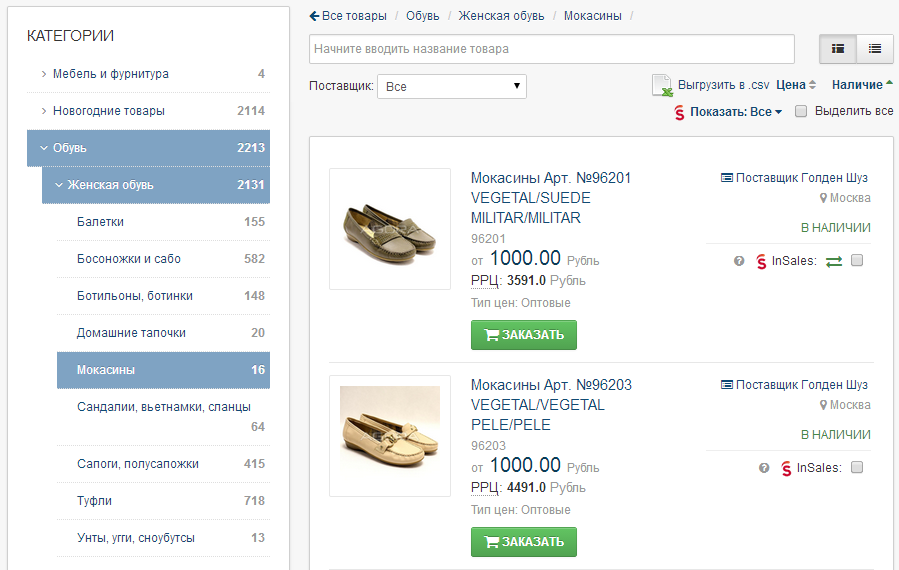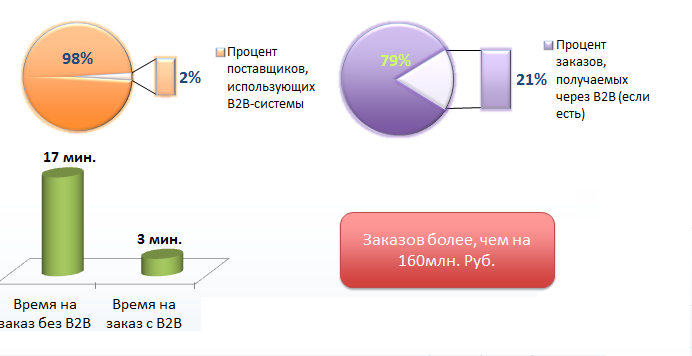Corporate portals and e-commerce: What to do?

Probably every Habravchanin in his life at least once faced with a corporate portal. Currently, these portals have a fairly extensive functionality to improve the operational processes within the company, and this is what they actually acquire. But can such a site bring real benefits to business, for example, in the field of e-commerce?
What is the problem?
Most companies that use corporate portals want to use them to organize interactions within the company: staff communication, reservations, convenient repository for finding information, various surveys and surveys of company employees, as well as helping new employees to learn in a new place thanks to the presence of colleagues.
')
All this is certainly useful, and will not be superfluous for any business, however there is one BUT: ROI investments in the development / purchase and implementation of the portal. In fact, the price of boxed solutions in this area can be hundreds of thousands of rubles, and in the case of open-source software, its cost is compensated for by the difficulty of setting up, implementing and further customizing for your own needs.
At the same time, in the field of ecommerce, quite often you can find a situation in which buyers of boxed solutions first of all want to establish interaction with their customers (including wholesale ones) using the portal. This implies the availability of opportunities for receiving orders, displaying their status and prices, working with documents (forming a reconciliation act, etc.)
In such a situation, it must be admitted, there are not so many options - either to create the necessary portal “for yourself” independently, or to use existing solutions - b2b-systems
B2B system: ecommerce portal
First, let's define what a b2b system is. In the general case, such products allow us to reserve goods in warehouses from 1C via the Internet, form various orders and work with documentation. The Internet distribution system works complete with a gateway for exchanging data between the b2b system and accounting databases like 1C.
At the moment, special portals of suppliers of goods are beginning to appear in RuNet, which allow them to carry out sales in automatic mode, and customers place orders at once to several suppliers from a single window. This portal always shows the actual balances of goods in the warehouses of suppliers, which allows purchasers to quickly and conveniently reserve goods.
It works like this: the b2b portal catalog contains thousands of products from various suppliers that can be exported to any online store. On our Agora B2B portal, uploading is carried out through the API or in the .csv format, the data include quality descriptions, photos, information on the availability and status of goods.

Further, the online store, acting as a shop window, sells goods to customers, after which it comes to the portal again and orders goods from the supplier at wholesale prices in two clicks. Thus, the online store does not need to buy products in advance; accordingly, there are no risks not to sell all conditional iPhones and incur a loss.
Such a scheme is beneficial, as suppliers who, in fact, get a new market, and the opportunity to sell more goods, as online stores in the first place place on their windows what the supplier has in stock.
Convenience for online stores is also understandable - the ability to work with different suppliers through one service, it is possible to quickly reserve goods, see balances online, etc.
Conclusion
As we wrote earlier , the availability of a b2b system significantly reduces the order processing time - in the case of our system, from 17 minutes to 3 minutes. If the supplier has installed such a system, he can receive through it up to 21% of all orders. At the moment, only about two percent of suppliers use b2b systems - so the potential for growth here is great.

In addition, almost always when introducing a corporate portal, to one degree or another, it needs to be refined for the specific needs of the company. In the case of b2b-systems, the advantage is that it is often possible to customize them through plug-ins, from which you can assemble a finished product suitable for a particular business.
As a result, for the majority of participants in the ecommerce market, such services make it possible to simplify interaction and reduce costs for warehouse and advertising, which is impossible to achieve when using ordinary corporate portals.
Source: https://habr.com/ru/post/213429/
All Articles